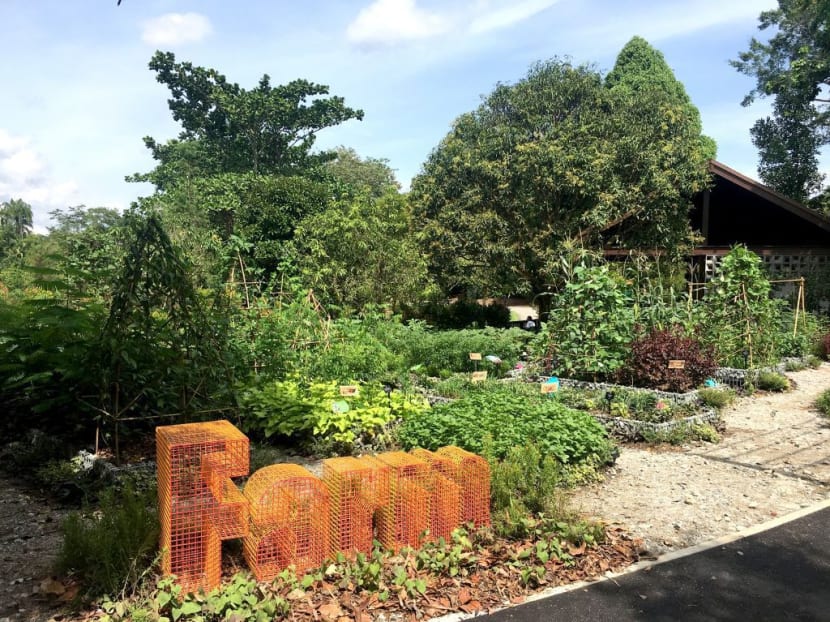More creative use of green spaces for students, families
Last week, the National Parks Board (NParks) officially opened the Jacob Ballas Children’s Garden extension at the Singapore Botanic Gardens, making it the largest children’s garden in Asia. (“Jacob Ballas Children’s Garden now largest in Asia after S$12 million extension”; Nov 10).
Last week, the National Parks Board (NParks) officially opened the Jacob Ballas Children’s Garden extension at the Singapore Botanic Gardens, making it the largest children’s garden in Asia. (“Jacob Ballas Children’s Garden now largest in Asia after S$12 million extension”; Nov 10).
I applaud this move, as I believe it is a creative way of using the green spaces in Singapore. The new playground contains unique features that are not only appealing to children, but also gets them to interact with nature. It is a great way to encourage youth to take a moment to disconnect from technology and to appreciate the greenery around them.
Singapore has endeavoured to image itself as a Garden City ever since its early days. Our country boasts a rich diversity of flora and fauna despite extensive urbanisation, which is truly commendable.
However, I believe green spaces are still under-utilised even though there have been efforts to preserve nature. And more can be done to encourage them to get closer to nature, even though it is understandably difficult for people here to find time to explore these areas given their fast-paced lifestyles.
Perhaps NParks could consider setting up similar instalments in the various parks around Singapore for all age groups to enjoy. For instance, study corners for students, or nature-themed play areas and picnic spots for young families.
These could be done at the more accessible neighbourhood parks, such as Bishan-Ang Mo Kio Park and Clementi Woods Park, or those more hidden away, such as Lower Peirce Reservoir.
There are clear health benefits in connecting with nature on a regular basis. It is also an effective way for children and youth to cope with stress. This translates to stronger self-esteem, better problem-solving skills and better overall performance in school for the young.







